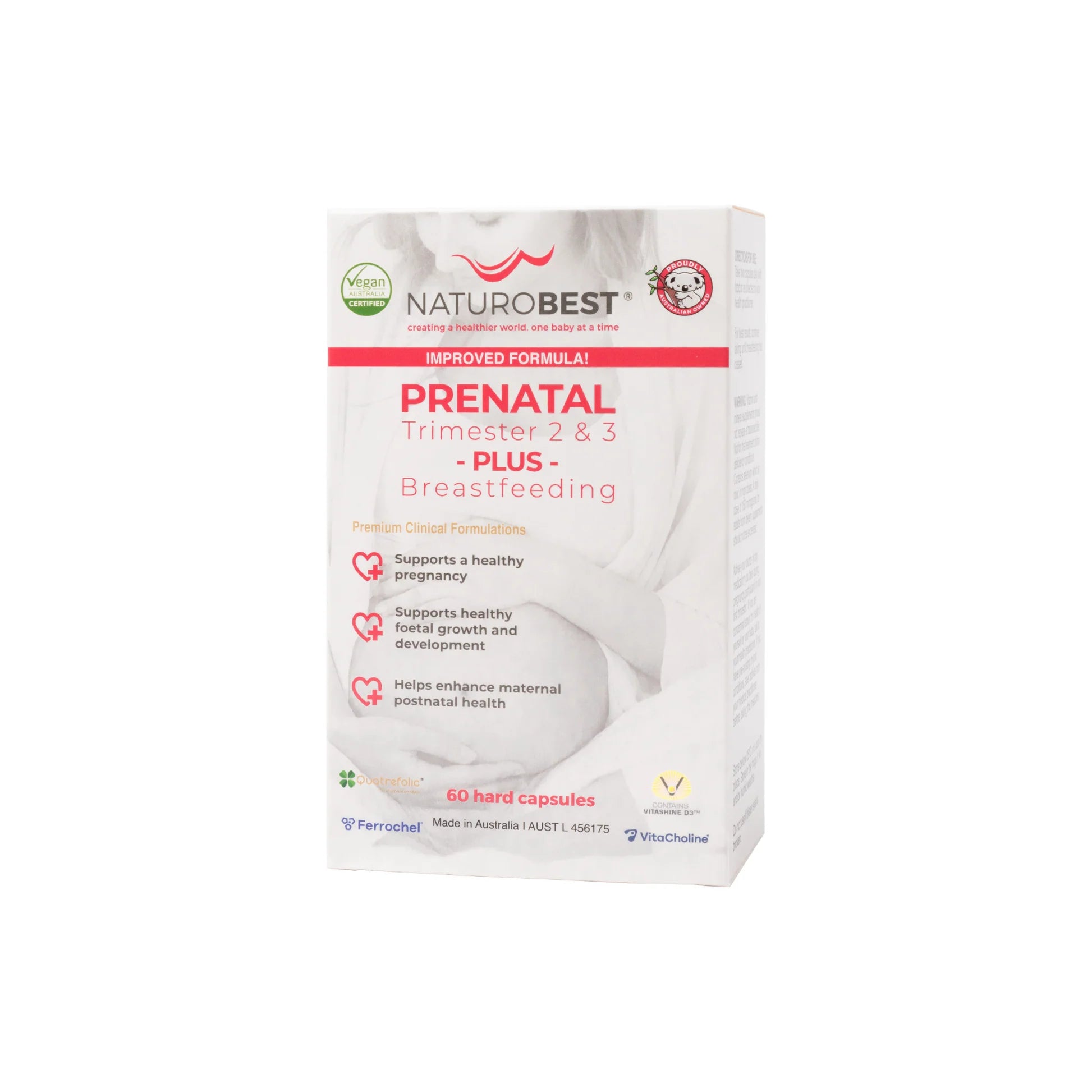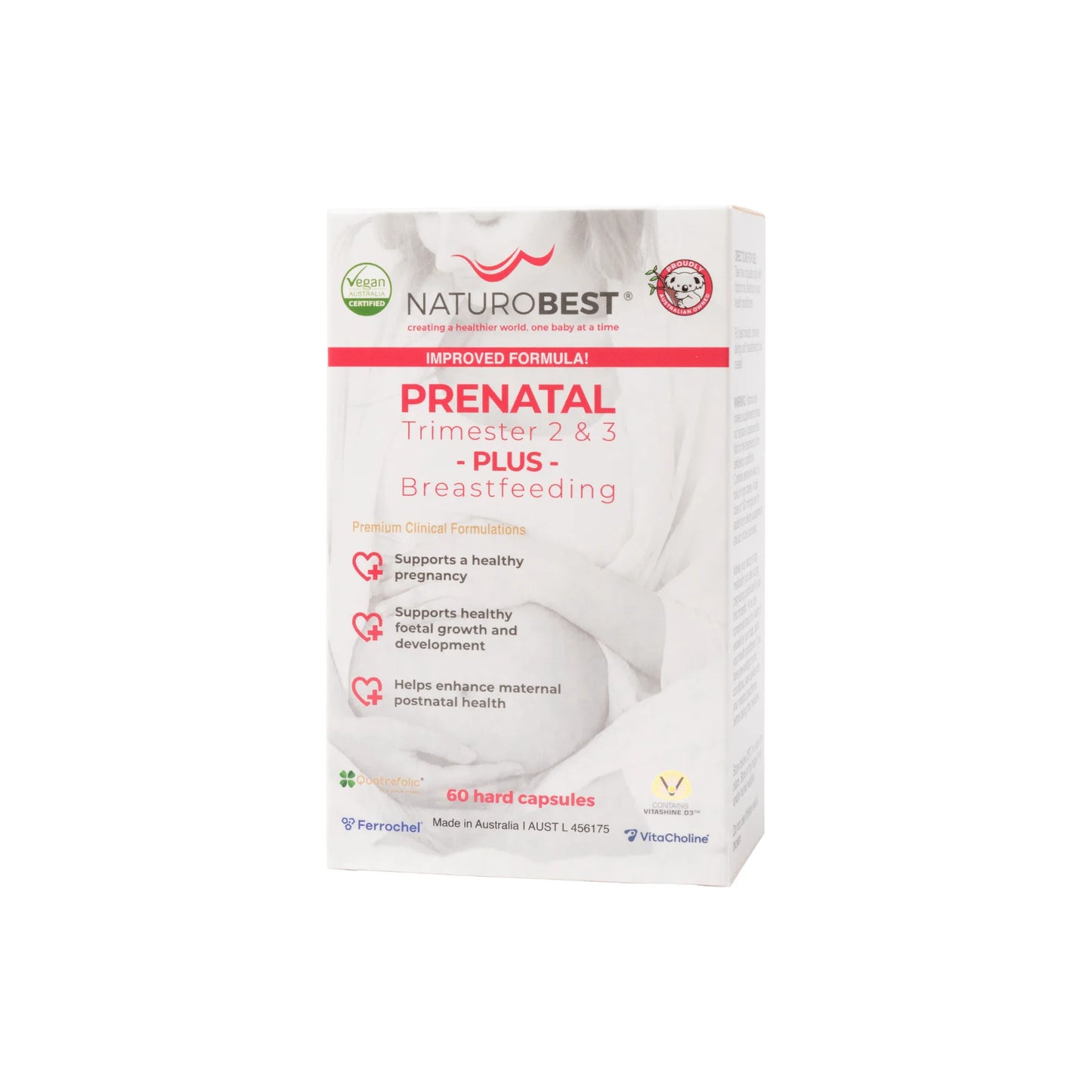Understanding PCOS – A Complex Hormonal Disorder
Polycystic Ovary Syndrome (PCOS) is a common hormonal condition affecting approximately 1 in 10 women in Australia. It disrupts normal reproductive and metabolic functions, often due to an excess of androgens, which are male hormones. This imbalance can lead to irregular menstrual cycles, cysts on the ovaries, and difficulty with ovulation. In addition to reproductive issues, PCOS often results in insulin resistance, making weight management challenging and increasing the risk of developing Type 2 diabetes and cardiovascular diseases.
What is PCOS?
PCOS is primarily defined by three symptoms. To receive a diagnosis, a woman must present with at least two of the following:
- Irregular menstrual cycles – This can include infrequent periods or prolonged cycles.
- Hyperandrogenism – High levels of androgens leading to symptoms such as excess hair growth (hirsutism), acne, and hair thinning.
- Polycystic ovaries – The ovaries may appear enlarged or contain numerous small cysts (seen through ultrasound).
Common Symptoms of PCOS
- Irregular or absent menstrual periods
- Hirsutism (male-pattern hair growth)
- Acne and oily skin
- Weight gain or difficulty losing weight
- Polycystic ovaries detected via ultrasound
- Excess insulin levels in the blood
- Sleep apnoea
- Recurrent miscarriages
These symptoms may vary from woman to woman, but they are all tied to the hormonal imbalances that define PCOS.
Risks of Leaving PCOS Untreated
When PCOS is not managed properly, it can lead to more severe health complications, such as:
- Type 2 diabetes
- Cardiovascular disease
- Infertility
- Depression and anxiety
- Endometrial cancer
Contributing Factors and Causes of PCOS
There is no single cause of PCOS, but several factors can contribute to its development:
- Genetic predisposition: A family history of PCOS or metabolic disorders may increase your likelihood of developing PCOS.
- Obesity: Being overweight can worsen insulin resistance and exacerbate symptoms.
- Insulin resistance: This is a common feature of PCOS, leading to increased androgen production and making it harder for the body to regulate blood sugar.
- Lifestyle factors: Poor dietary habits and a sedentary lifestyle can contribute to the development of PCOS symptoms.
PCOS is a complex condition that impacts multiple systems in the body. It’s important to seek a diagnosis early if you suspect PCOS, as managing symptoms through lifestyle changes, nutrition, and medical treatments can help reduce the risk of long-term health complications.







